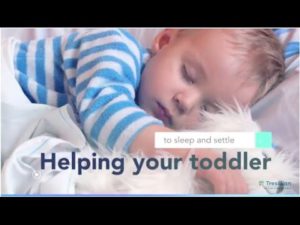People are sometimes assured that if they adopted newborns or very young children from a good orphanage, there would be little or no attachment problems. Yet from professional experience, these issues need to be treated to prepare families to parent their children.

Here are some things every adoptive parent should know.
- It affects every adopted child
Every child that is adopted has experienced a disruption in their attachment. That the child is no longer with the person who gave him or her life is the first disrupted attachment. Even with optimal adoption circumstances, there is a sense of abandonment and rejection for many.
- Acknowledge the loss
Acknowledging that the loss is real is essential. You should give space for your child to grieve this loss. An infant may be fussy for some time or may seem too clingy and needs lots of reassurance that you will always come back when you leave. An older child on the other hand may need to talk about their birth family and want to know why they are not with them any longer.
Depending on their age, you may need to make educated guesses; or suggest what you think they might be feeling while letting them know it’s okay to feel this way. Remember that an adopted child may feel very reluctant to speak and may appear hurtful or disloyal towards you.
- Understanding attachment
Attachment develops in an optimal relationship via a cycle. By multiple repetitions of these cycles, such as feeding, soothing, and providing comfort, a child will soon trust and get attached to you.
However, when this cycle is disrupted, a child fails to internalize the sense of safety meant to be established. This could be due to varied reasons; ill health or unavailability of parents for an extended period. When these occur, depending on the extent, a child may develop an attachment disorder.
- Attachment disorder
This occurs when a child has not developed a healthy sense of trusting others and internalizes a self-dependence message because there is no one else that can be depended on. This child may appear normal outwardly but has an underlying motivation to meet their needs themselves. Some common symptoms include:
- Resisting affection on parental terms
- Lack of eye contact, especially with parents
- Indiscriminate affection with strangers
- Stealing
- Bad marks, unattentive learning
- Lies about the obvious, etc.
What Should Parents Do?
This information is not intended to scare you but to ensure your preparedness. The extent of attachment disruption your child has experienced determines the challenges you are likely to face and the characteristics they exhibit.
Be proactive. Assume you are starting from the beginning. Do what you would do with your newborn even if you have an older child. Create plenty of time for cuddling and holding. Buy homework for your child or help to do it. Feed the child when they express hunger and try to figure out their acting-out behaviors. In summary, do make sure you meet their underlying needs as soon as you can. Discipline such children with time ins, rather than time outs.
Conclusion
Adoption comes with its difficulties, but it’s worth it in the end.




Be First to Comment